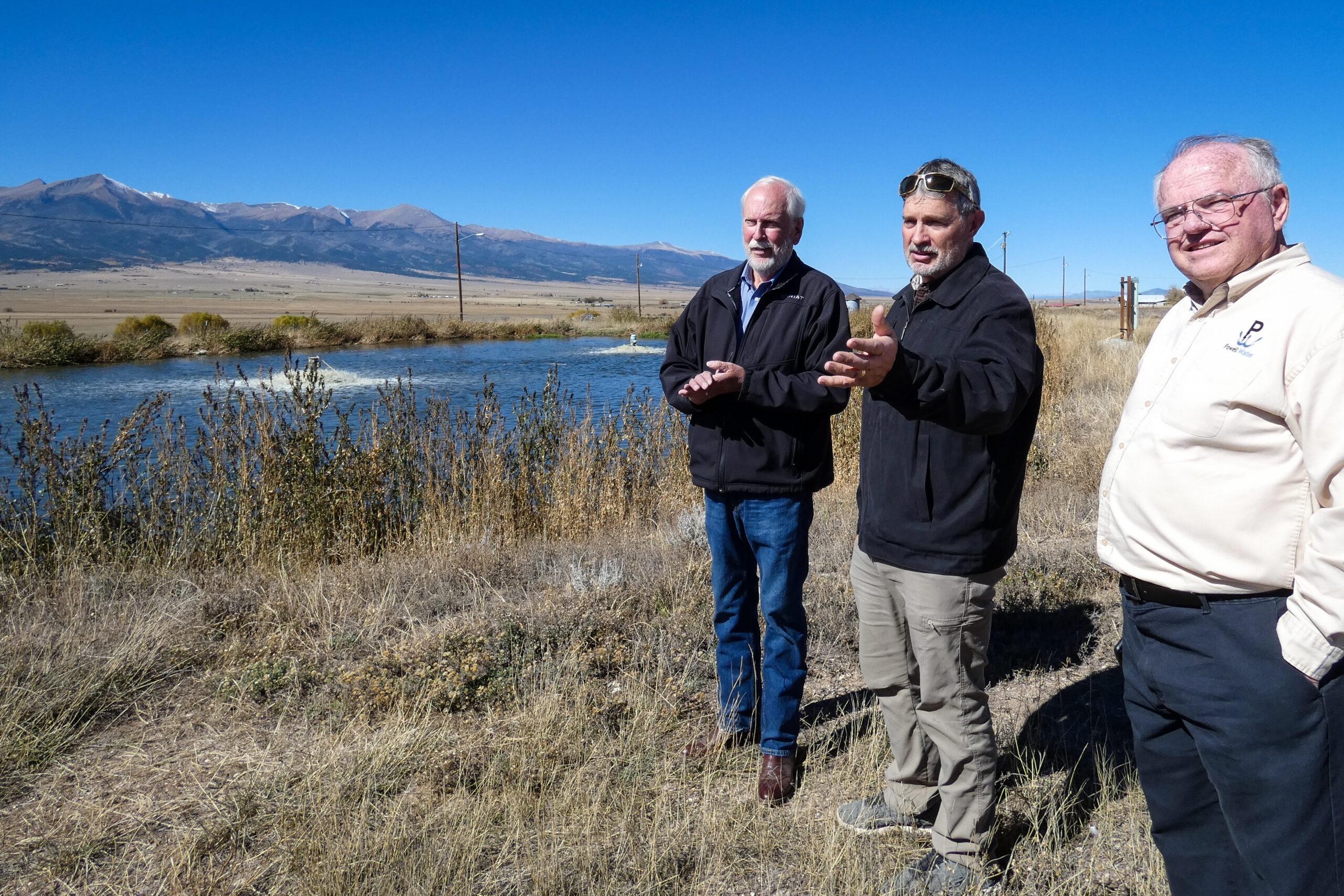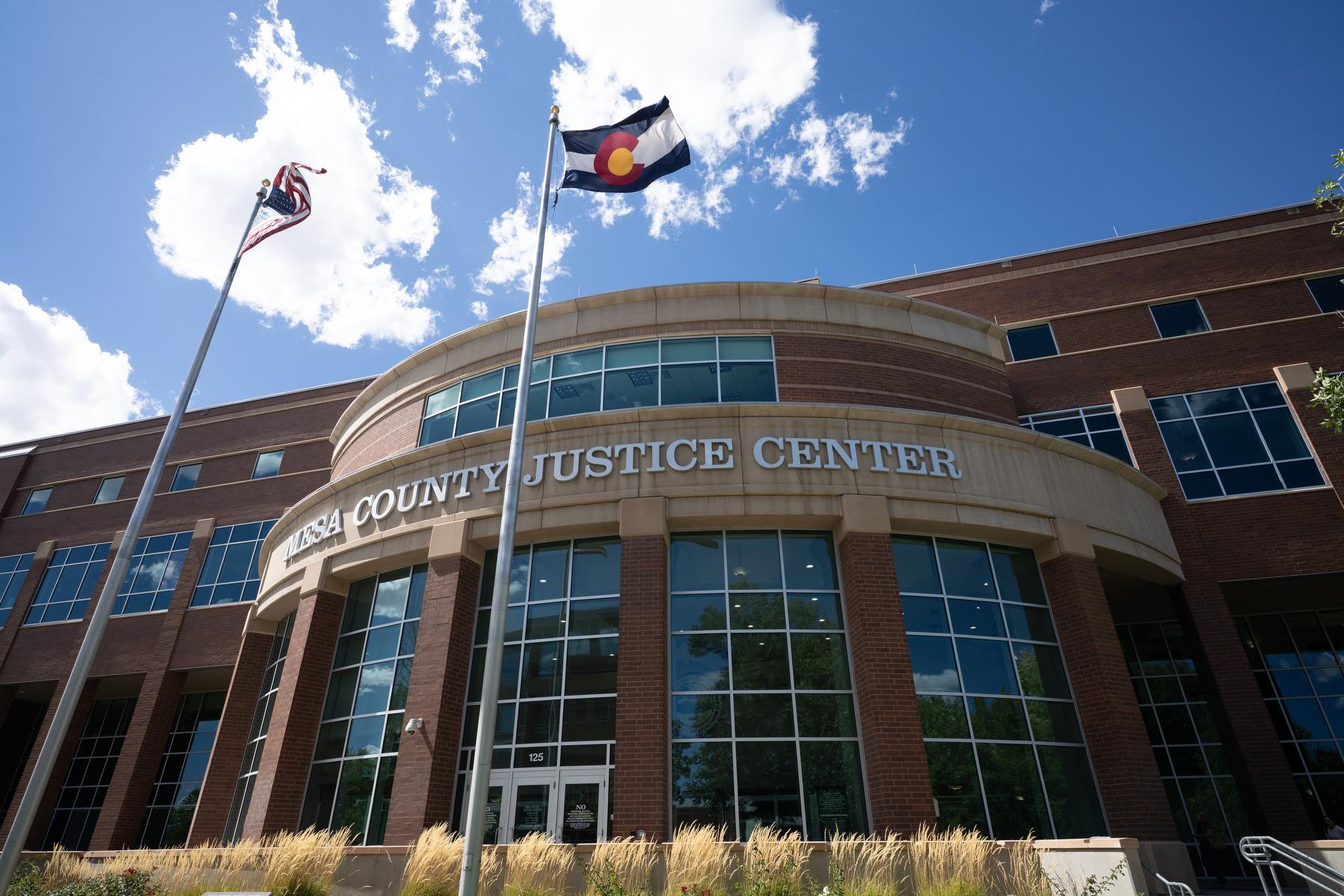
A pilot wastewater treatment project in the Wet Mountain Valley west of Pueblo just got a boost from a state grant. The project is designed to address challenges some small communities are having in meeting increasing federal environmental standards combined with the demands created by a growing population.
The system calls for upgraded wastewater lagoons stocked with specialized microbes, as well as a technology known as electrocoagulation to help clean sewage from water.
Dave Schneider manages the Round Mountain Water and Sanitation District in Westcliffe and Silver Cliff. He said they’ve run small scale tests that show their concept works. The next step is to run a larger scale test on the upgraded lagoon system. They’ll also do separate assessments of the electrocoagulation component to determine whether it is necessary.
“What are the challenges we have (on a) big scale?” he said. “We might have to do one or two different tweaks that we might not have initially planned, but we're going to find a methodology in this that will work.”
The state Department of Local Affairs awarded a $546,750 grant to the district to help fund the $800,000 pilot project.
“We are thrilled that they are so willing to put skin in the game on this project,” he said. “It gives just a little bit more validity to what we're doing.”
Schneider said they got another $68,000 from an organization called the Environmental Policy Innovation Center to help pay for the engineering costs and he hopes additional funds may also come in from other sources. But, he said, the district has been saving to help cover the balance.
Additionally, Powell Water of Centennial, which is helping plan the system, is providing a mobile electrocoagulation unit housed in a semi-truck trailer, which knocked the cost down by half according to Schneider.
Schneider said they hope to submit the plans for the demonstration project to the state health department for approval this fall and get the upgrades started next spring.









